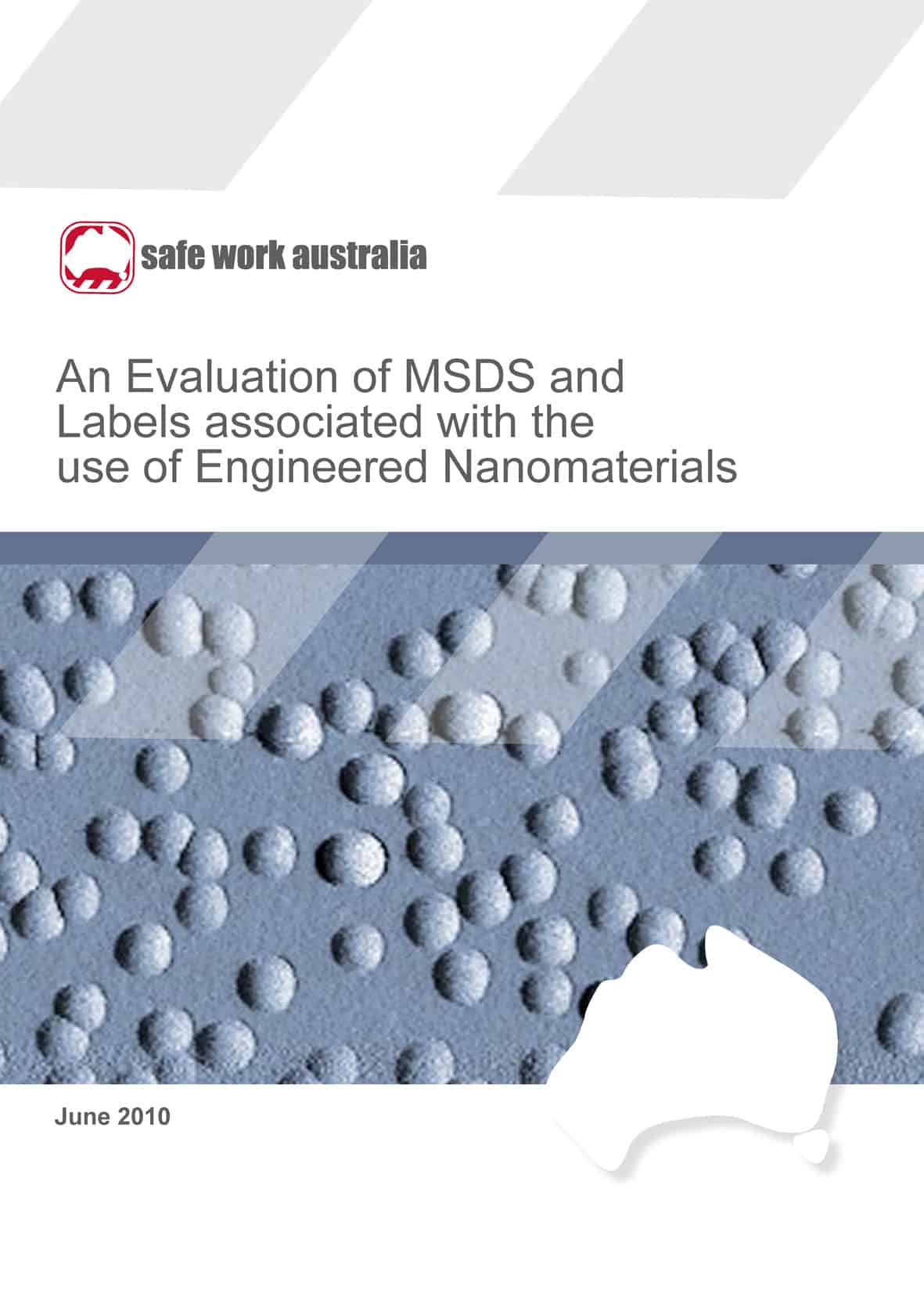The head of the UK’s Health & Safety Executive, Judith Hackitt has released part of a letter that she sent to Lord Young of Graffham on the announcement of his OHS review.  According to Hackitt’s media statement she advised
According to Hackitt’s media statement she advised
“The terms of reference of your review extend beyond HSE’s remit, which is concerned with addressing real risks and preventing death, injury and ill health to those at work and those affected by work related activities.
“However, we in HSE have been saying for some time that health and safety is being used by too many as a convenient excuse to hide behind.”
Hackitt welcomed the review and has released Lord Young’s response in which he says:
“Thank you for your letter of 14 June confirming your commitment to the review commissioned by the Prime Minister into Health and Safety and the growth of the compensation culture. Continue reading “HSE and Lord Young test the waters of reform”

